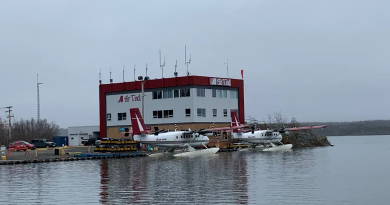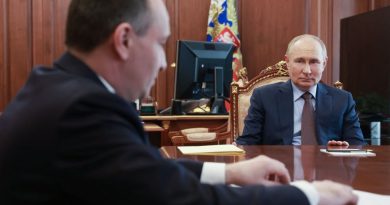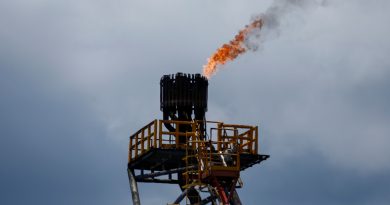Building new state governance in Russian Arctic
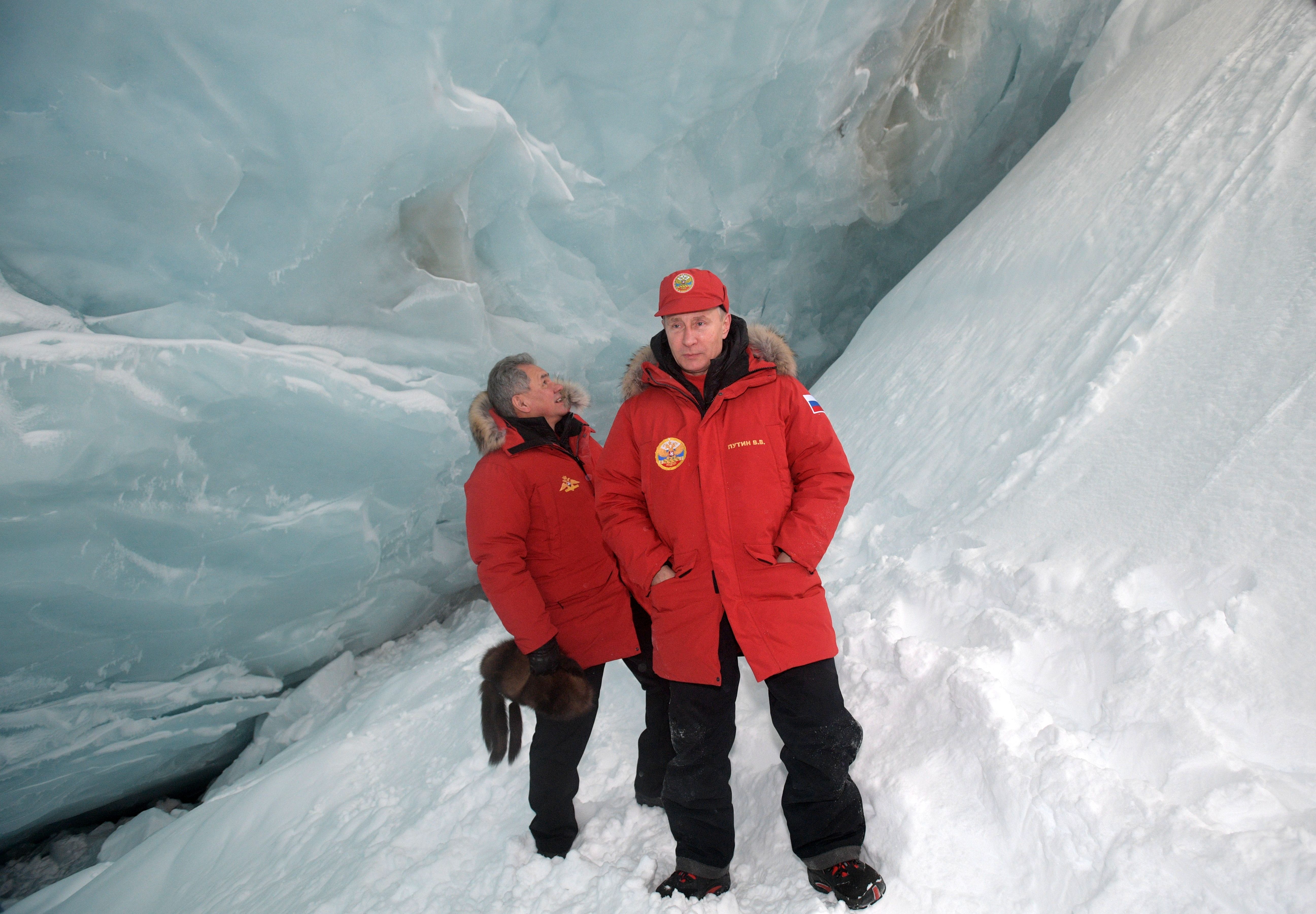
As geopolitical interests in the region rise, Russia takes on Arctic institution-building.
It was President Putin himself who this spring made clear that there was a need for a new joint coordinating institution in Russian Arctic affairs. Speaking in the Arctic Forum, a conference in Arkhangelsk, Putin confirmed that he had requested his government to elaborate the question on how to establish a special structure responsible for the development of the Northern Sea Route and its adjacent territories, including infrastructure, hydrography, security and service management.
A battle between several government structures followed. It was first believed that the Ministry of Transport and its subordinate Northern Sea Route Administration would get the new coordinating role.
A key role with key powers
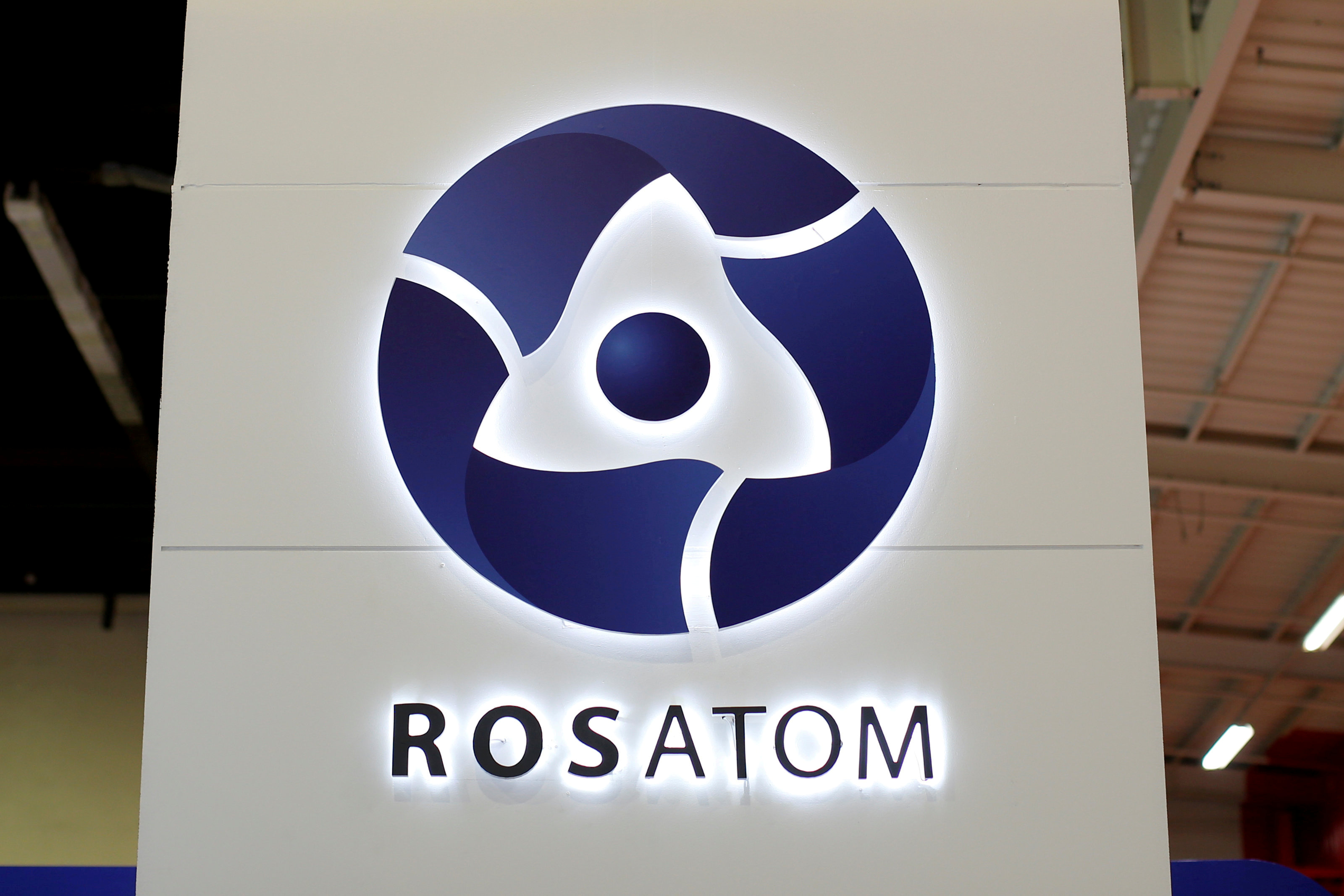
However, it was Rosatom which in the end came out as the winner. A key role in that decision-making process was played by Dmitry Rogozin, the Deputy Prime Minister and leader of the state Arctic Commission, who himself is believed to get key powers in future questions of Arctic policy.
Rosatom has since 2008 managed the nuclear icebreaker fleet, a key instrument in Russian Arctic logistics. The state-owned nuclear-powered vessels, currently a total of four icebreakers and one container ship, are all based in Atomflot, a port facility in the Kola Bay.
A leading role in the region
The decision comes as geopolitical interest now takes the forefront in Russian Arctic affairs. Symptomatically, it is military affairs and specifically the Northern Fleet, which increasingly is playing the leading role in the region.
And the development of new Arctic military bases and infrastructure goes hand-in-hand with Rosatom’s development of new icebreakers, including the nuclear-powered LK60 and ultimately the planning of the super-powerful «Lider».
New Russian Arctic institution-building might not stop with the boosting of the role of Rosatom. More government coordination in the region appear to be in the pipeline.
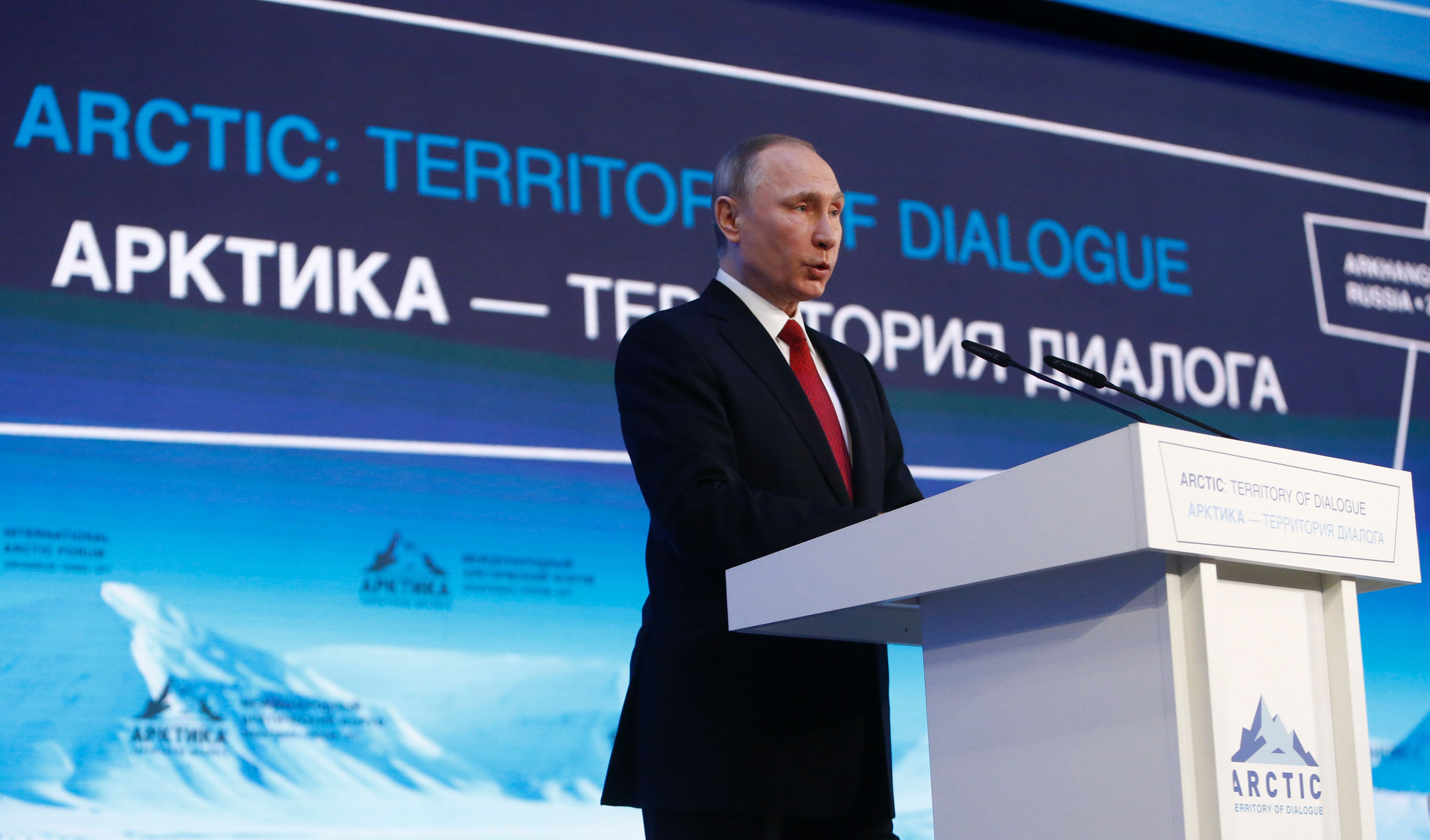
According to Kommersant, the federal government is also planning to find a joint management body for wider developments in both the Arctic and Antarctic. Two alternatives are reported to be on the table; either the strengthening of an existing government body, or the establishment of a new federal agency in St.Petersburg. The latter is an idea promoted by St.Petersburg Governor Georgy Poltavchenko, the newspaper reports.
Establishing a new entity
The Ministries of Economic Development, Transport, Natural Resources and Foreign Affairs, as well as Rosatom, were in November 2017 all requested to submit to the government proposals on how to approach the establishment of the new Arctic-Antarctic entity.
It is believed that the Ministry of Natural Resources is strongly arguing for itself to get the expanded responsibilities. The Ministry and its leader Sergey Donskoy from before play a key role in the two regions.
With the formation of new super-authorities in the Arctic, Russia takes steps in the direction towards the situation in the early 1930, when the Soviet government established the Glavsevmorput, the state authority with wide powers over Arctic developments.
Back then, like today, there was a ruling belief in the Kremlin that the NSR and Arctic territories would become of great importance for the national economy. The Glavsevmorput (Main Authority for the Northern Sea Route) got responsibilities not only for the development of the regional transport system, but also for industrial development, building of ports, radio communications, meteorology, as well as building of schools and hospitals.
Related stories from around the North:
Canada: How Arctic shipping could boost Canada’s trade relationship with Asia, Radio Canada International
China: China a key Arctic partner for Russia, The Independent Barents Observer
Finland: Nord Stream 2 applies for Finnish building permit to build gas pipeline, Yle News
Norway: ‘We will come back’, Statoil says after disappointing results in Barents Sea, The Independent Barents Observer
Russia: Chinese company confirms interest in trans-Arctic shipping to Arkhangelsk, The Independent Barents Observer
United States: U.S. transportation secretary announces efforts to speed up project development in Alaska, Alaska Dispatch News

